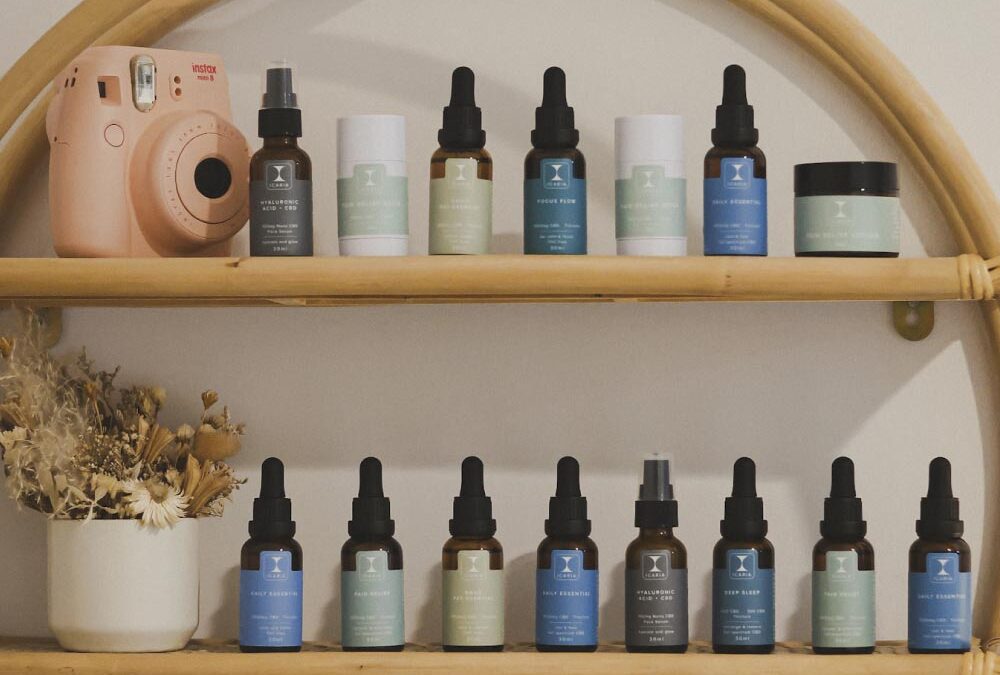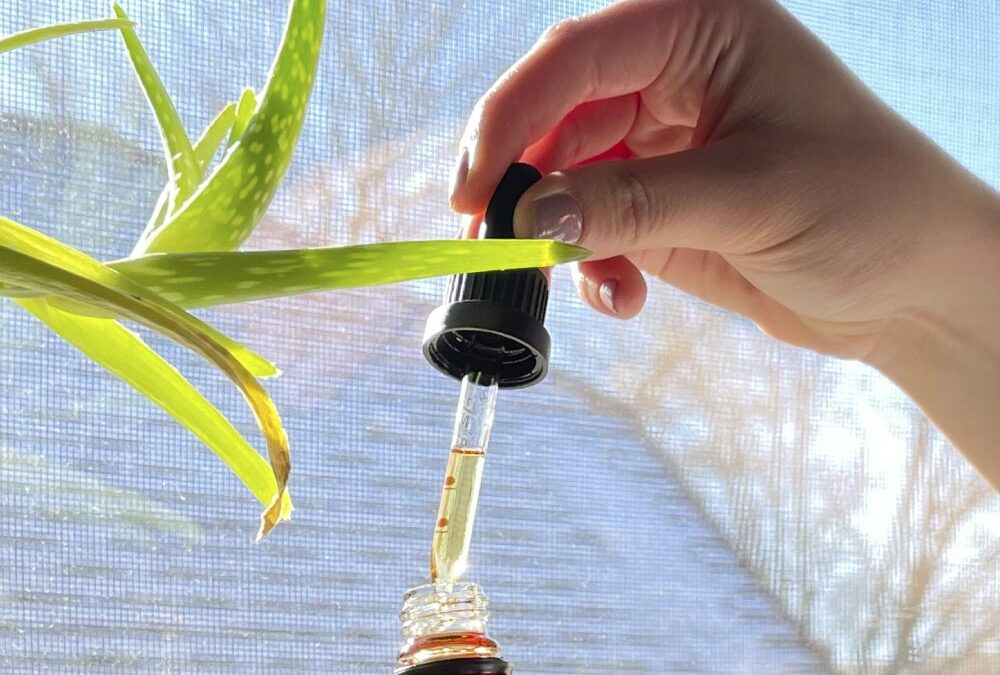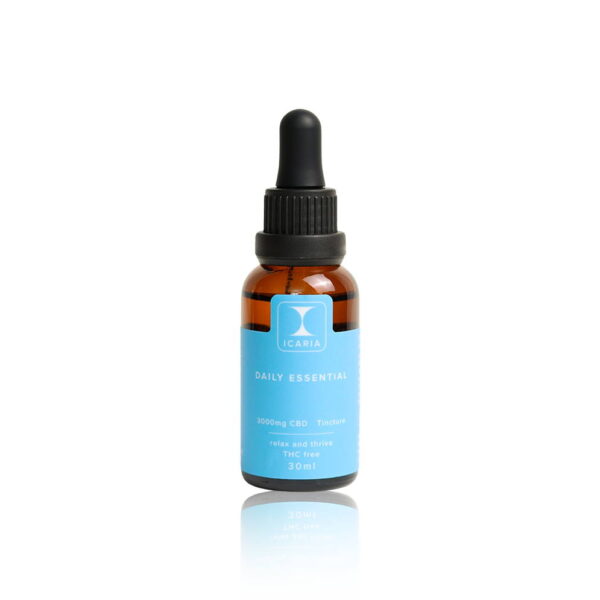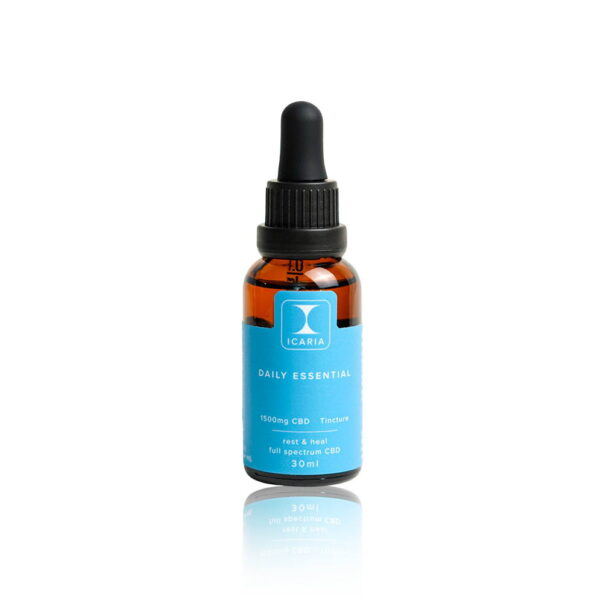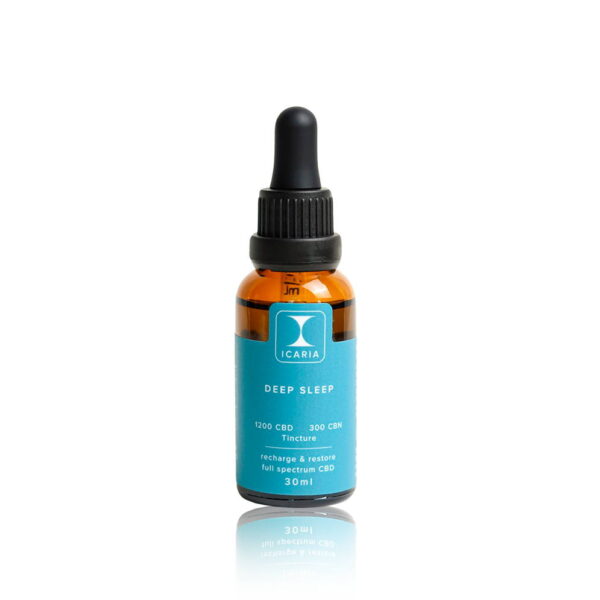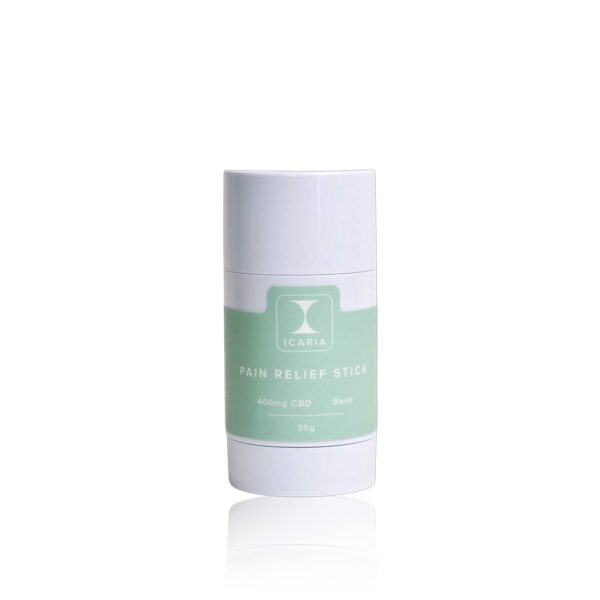In today’s wellness landscape, CBD (cannabidiol) has emerged as a prominent player, captivating the attention of many, especially women, seeking natural remedies for various ailments. However, amidst its rising popularity, misconceptions and myths have clouded the perception of CBD, with one of the most prevalent being the belief that CBD is inherently harmful. In this comprehensive exploration, we aim to dissect this myth and shed light on other common misunderstandings surrounding CBD.
What is CBD?
CBD, a compound derived from the cannabis plant, has garnered attention for its potential health benefits. Unlike its psychoactive counterpart THC, CBD does not induce a “high” sensation. The process of extracting CBD involves obtaining the compound from hemp, a variety of cannabis with minimal THC content.
Types of CBD:
- Full-spectrum CBD: This type contains all cannabinoids found in the cannabis plant, including THC (though in trace amounts), along with terpenes and other beneficial compounds.
- Broad-spectrum CBD: Similar to full-spectrum but with THC removed entirely.
- CBD isolate: Pure CBD, devoid of other cannabinoids and compounds.
Types of CBD Products:
CBD products cater to diverse preferences and needs, offering various consumption methods:
- CBD oil/tinctures: Liquid extracts infused with CBD, often administered sublingually.
- CBD capsules: Pre-measured doses of CBD oil encased in capsules for convenient ingestion.
- CBD edibles: Consumables infused with CBD, such as gummies, chocolates, and beverages.
- CBD topicals: Creams, balms, and lotions infused with CBD for topical application.
- CBD vape products: Inhalable forms of CBD, including vape oils and e-liquids.
Myth 1: CBD Is Bad
Fact: The misconception that CBD is inherently harmful likely stems from its association with cannabis. However, research and anecdotal evidence suggest otherwise. Numerous studies have highlighted CBD’s potential therapeutic benefits, including its anti-inflammatory, analgesic, and anxiolytic properties. While CBD may not be suitable for everyone and could interact with certain medications, it is generally considered safe for consumption.
To ensure safety and efficacy, it’s crucial to purchase CBD products from reputable brands that prioritize third-party testing and transparency. Additionally, consulting with a healthcare professional before incorporating CBD into one’s wellness routine is advisable.
Myth 2: CBD Makes You High
Fact: Contrary to popular belief, CBD does not produce psychoactive effects or induce a “high” sensation. Unlike THC, which binds directly to cannabinoid receptors in the brain, CBD interacts indirectly with the endocannabinoid system, modulating various physiological functions without causing intoxication.
Instead, CBD is prized for its ability to promote relaxation, reduce anxiety, and alleviate pain—all without impairing cognitive function or inducing euphoria. This makes CBD an appealing option for individuals seeking therapeutic benefits without the mind-altering effects associated with cannabis use.
Myth 3: CBD Doesn’t Work
Fact: Some skeptics question the efficacy of CBD, dismissing it as a passing fad devoid of scientific backing. However, research into the therapeutic potential of CBD continues to expand, yielding promising results across various health conditions.
For instance, studies have demonstrated CBD’s potential in managing chronic pain by interacting with neurotransmitters and reducing inflammation. Additionally, CBD has shown promise as an adjunctive treatment for anxiety disorders, with some individuals experiencing significant reductions in anxiety symptoms.
Moreover, ongoing research suggests that CBD may hold promise in the treatment of epilepsy, insomnia, and even acne. While further clinical trials are warranted to fully elucidate CBD’s mechanisms of action and therapeutic applications, the existing evidence underscores its potential as a valuable addition to conventional healthcare modalities.
Conclusion
In conclusion, the myth that CBD is inherently harmful is unfounded and misleading. CBD, a natural compound derived from the cannabis plant, offers a myriad of potential therapeutic benefits without the psychoactive effects associated with THC. By debunking this myth and addressing other common misconceptions surrounding CBD, we aim to empower individuals to make informed decisions about their wellness journey.
As with any wellness product, it’s essential to approach CBD with caution and skepticism, ensuring you choose high-quality products from reputable sources. By doing so, you can harness the power of CBD to support your overall health and well-being, without falling prey to misinformation.

